Taking your idea from an idea to a published book
HOW DO I GET PUBLISHED?
I get emails just about every week with questions about what to do with an idea that seems book-worthy and to find its way to a bound book. There are many pathways for this to happen. My own experience is that I write about ten manuscripts to every one which has credibility enough to publish. I have been at this for a long time. I was first published in 1996, but summarily rejected for most of the nineties prior on numerous submissions. When I finally came upon the idea for the first book I’d publish it took a lot of work to make it go from idea to a book. I self-published the book and had great success with it. Within a few months I was being courted by many of the major publishers and had signed with an agent. Those early days felt almost like I was living in someone else’s dream.
Everyone is going to have a different pathway. So, here are a few simple rules I would follow if I were just starting out today. This pertains primarily to the manuscript itself.
Write, write, write and then rewrite until you are quite tired of your own story. (I will generally rewrite a story upwards of fifty times. Not the whole manuscript, but the glaring issues.)
Let it sit. Walk away from it for a month. Let your mind clear of this story that has been consuming you. In that month ask three to five impartial people to read the manuscript and be very clear what you are looking for as far as feedback. I’ve even made a checklist for my readers to make it easy. Don’t be thin skinned. Ask for criticism. Specific criticism, not grammatical only, though that is helpful. Mostly stress content, readability and if your reader would recommend it to a friend. If so, why? If not, why not?
Go back to the manuscript after you have read the notes of your readers. Go back with clear eyes, as though you are reading someone else’s manuscript. Read it with the feedback given in mind. The best experience I had with this was with a group of teachers I have gotten to know well by visiting their school more than fifteen times. They gave me a stack of notes. When I read through their notes, I realized I had a MAJOR rework to do and I had already completed over seventy drafts, all the while thinking I had written the next great American novel. It was the first book in a proposed series that will publish soon. Their notes made me a better writer, especially in this new genre I was tipping into. The subsequent books have been SO much easier to write and all because my readers were willing to be completely honest with me and I was willing to take their notes and completely change aspects of the books that were vital.
Plan to do a final rewrite and when you have finished, read the entire manuscript out loud to yourself or an audience if you have that ability. It is amazing how different our stories sound to us when we hear them audibly. Make ALL changes you know it needs.
Decide if you are going to wade into the waters of self-publishing or are you going to try to get a publisher to pick you and it up. Once that decision is made I highly recommend hiring an editor. Many retired English teachers, librarians, language arts teachers have a great grip on-line editing. Be willing to pay them for their time and take their advice. If you are self-publishing, it is a MUST! If you are submitting to agents or publishers, you will save them exasperation of trudging through a story that is good, but full of editorial problems.
Develop a Social Media presence. Follow agents, editors, publishers and others involved in your genre. Follow authors you admire. LISTEN to what they all are putting out into the world. There are many Blogs and Podcasts which can help you decipher what your next steps are.
THERE ARE NO EASY WAYS. WRITING IS VERY HARD WORK. MARKETING YOURSELF IS VERY HARD WORK. IF YOU WANT IT BADLY ENOUGH, PUT THE WORK IN. IT REALLY IS WORTH IT.
Write a one page synopsis to the reader of this book. It will help you develop your “elevator speech” which will clarify the mission of the manuscript and chart the beginning of what might become one of the most rewarding journeys you’ve embarked upon.
